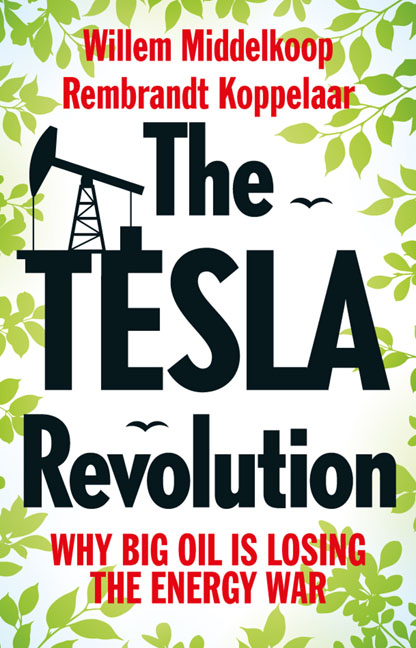Book contents
- Frontmatter
- Contents
- Prologue
- Special Introduction
- Chapter 1 The Tesla Revolution
- Chapter 2 A History of Fossil Fuel Dominance
- Chapter 3 The Petrodollar and the Geopolitics of Oil
- Chapter 4 Peak Oil Revisited: The End of Cheap Oil
- Chapter 5 Climate Change and the World of Energy
- Chapter 6 What Will the Energy Mix of the Future Be?
- Epilogue
- Appendix
- References Prologue
- Register
Chapter 3 - The Petrodollar and the Geopolitics of Oil
Published online by Cambridge University Press: 12 December 2020
- Frontmatter
- Contents
- Prologue
- Special Introduction
- Chapter 1 The Tesla Revolution
- Chapter 2 A History of Fossil Fuel Dominance
- Chapter 3 The Petrodollar and the Geopolitics of Oil
- Chapter 4 Peak Oil Revisited: The End of Cheap Oil
- Chapter 5 Climate Change and the World of Energy
- Chapter 6 What Will the Energy Mix of the Future Be?
- Epilogue
- Appendix
- References Prologue
- Register
Summary
If we had not sent troops into Jordan, not only would there have been violence but we would have lost our oil. We have spent large sums of money in the Middle East, and all Russia has paid into that area is propaganda. British foreign policy should never be afraid to say we are there to protect British interests.
– Margaret Thatcher on the British military intervention in Jordan, 1958It is not difficult to understand. The most important difference between North Korea and Iraq is that economically speaking we had no choice with Iraq. The land is swimming in oil.
– Paul Wolfowitz, former US secretary of defense,1999People say we’re not fighting for oil. Of course we are. They talk about America's national interest. What the hell do you think they’re talking about? We’re not there for figs.
– Chuck Hagel, former US Republican senator and secretary of defense in the Obama administration, 2007Introduction
The early history of industrial society consisted of a bloody struggle to carve up the world among a handful of European countries: the UK, the Netherlands, France, Portugal, and Spain. In the early sixteenth century, these powers dominated the world thanks to early advances in ships, gunpowder, and mechanized military. At the time of the First World War (1914–1918) they had colonized nearly all of Africa and South America and large parts of Asia. As a consequence, an enormous gap in wealth emerged between rich and poor countries, which still largely exists today.
The struggle for dominance and political influence became intertwined with oil from the First World War onwards. Oil has been, at least for the last 100 years, the greatest prize, and its geopolitical importance as a strategic energy commodity cannot be overstated. Especially the two Gulf Wars have demonstrated that the United States will use any crisis or opportunity to deepen its influence in the Middle East. Dozens of such wars have been fought throughout history over the prospect of accessing or controlling oil supplies, in combination with a strategy of shrewd deals with local elites or the installation of puppet governments by covert means.
- Type
- Chapter
- Information
- The Tesla RevolutionWhy Big Oil is Losing the Energy War, pp. 121 - 144Publisher: Amsterdam University PressPrint publication year: 2017

